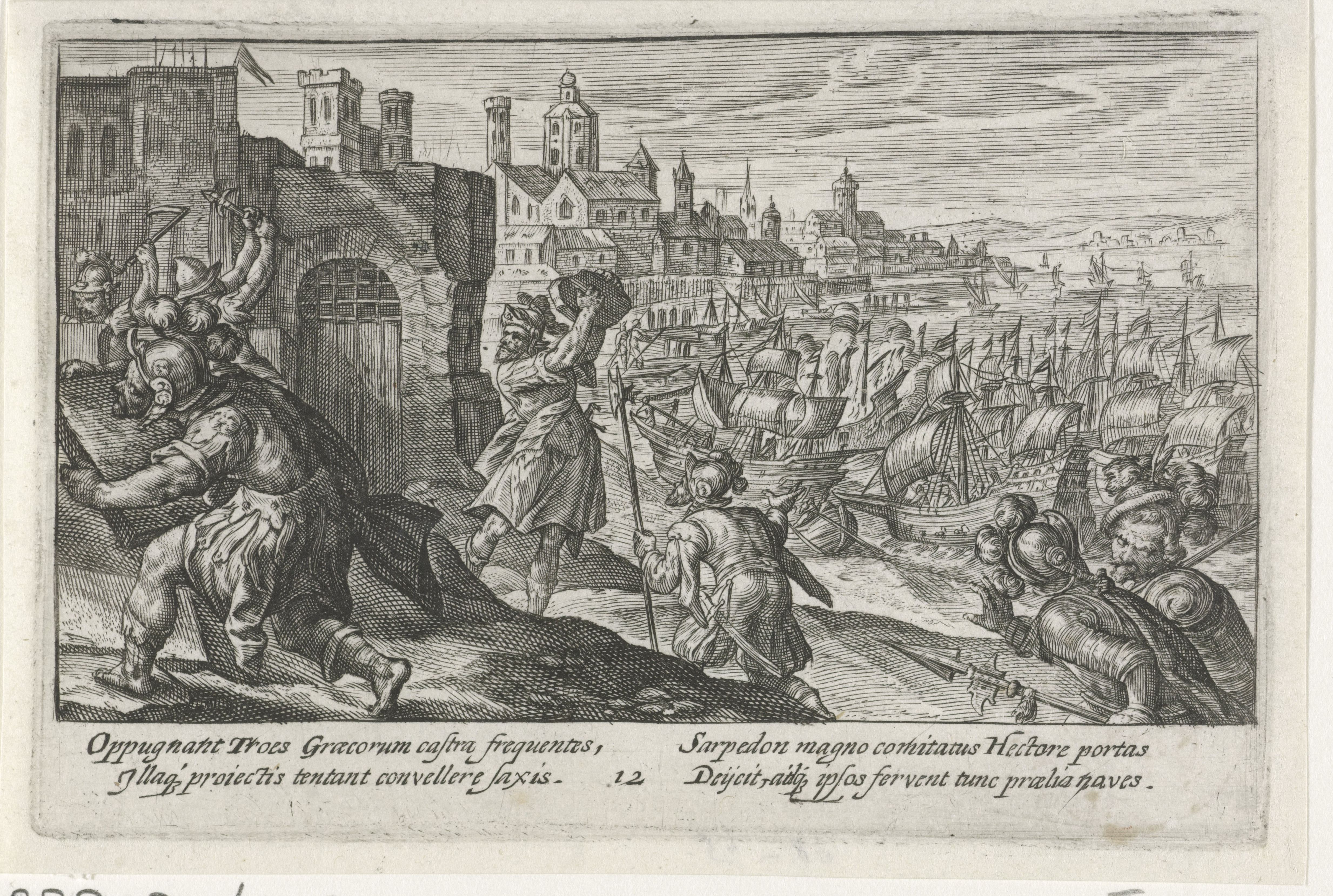In his recent Classical Inquiries posting, Gregory Nagy focuses on Iliad rhapsody 12 and shares a sampling of selected comments with his readers.
It can be said in general that the theme of heroic immortalization is central to myths and rituals related to hero cult, and so the use of the word hēmitheoi ‘demigods’ in this Hesiodic context is highly significant (BA 342-343): yes, all epic heroes must die, but then, by way of becoming cult heroes, they are mystically immortalized after death (Nagy 2006 §§80–108). And the significance of such a theme is further heightened by the idea of divine parentage as built into the meaning of word hēmitheoi as ‘half-gods’, which shows a genetic understanding of the hero. The heroic potential is programmed by divine genes, as it were. There has to be a god involved in any hero’s “family tree.” Still, the literal meaning of the word hēmitheos as ‘half-god’ does not imply an exact half-and-half distribution of immortals and mortals in a hero’s genealogy.
During the past few weeks, Gregory Nagy has shared samplings of his commentary on rhapsodies 1 through 12 of the Iliad. By focusing on these rhapsodies and experimenting with a variety of features in his comments, Professor Nagy offers a preview of the larger, forthcoming project: A Homer commentary in progress.
For more on this evolving project, be sure to check out Classical Inquiries.

(https://www.rijksmuseum.nl/en/collection/RP-P-OB-16.043)
